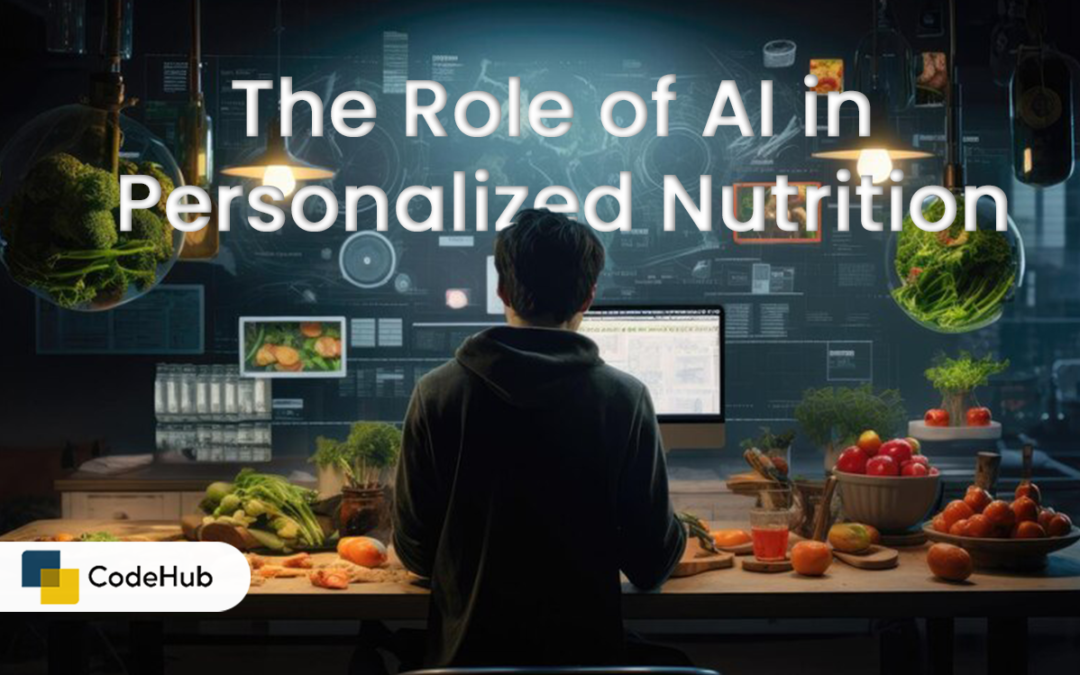Personalized nutrition is a dietary approach that takes into account an individual’s unique biological, lifestyle, and dietary factors. It aims to provide optimal nutrition guidance and support for each person, based on their specific needs and goals. However, personalized nutrition is not a simple task. It requires a lot of data, analysis, and interpretation to create a customized nutrition plan that is both effective and practical. This is where artificial intelligence (AI) comes in.
AI is a branch of computer science that enables machines to perform tasks that normally require human intelligence, such as learning, reasoning, and decision making. AI can help with personalized nutrition in many ways, such as:
– Data collection and integration: AI can collect and integrate various types of data related to an individual’s health and nutrition, such as genetic data, microbiome data, blood biomarkers, food intake, physical activity, and preferences. AI can also use sensors, wearables, and smart devices to monitor and track an individual’s health and nutrition status in real-time.
– Data analysis and interpretation: AI can analyze and interpret the collected data using advanced algorithms and techniques, such as machine learning, deep learning, and natural language processing. AI can identify patterns, correlations, and causal relationships in the data, and generate insights and predictions about an individual’s nutritional needs and responses.
– Data visualization and communication: AI can visualize and communicate the results of the data analysis and interpretation in an intuitive and user-friendly way, such as graphs, charts, dashboards, and chatbots. AI can also provide feedback, suggestions, and recommendations based on the results, and explain the rationale and evidence behind them.
– Data adaptation and optimization: AI can adapt and optimize the personalized nutrition plan based on the individual’s feedback, progress, and changes in their health and nutrition status. AI can also learn from the individual’s behavior and preferences, and tailor the plan accordingly.
AI can thus provide personalized nutrition guidance and support that is not only scientifically sound, but also practical and accessible. AI can help individuals achieve their health and nutrition goals, and improve their quality of life. AI can also help researchers and practitioners gain a deeper understanding of human nutrition, and develop more effective and personalized interventions.
AI is revolutionizing the field of personalized nutrition, and the future is bright. As AI technology becomes more sophisticated and our knowledge of human nutrition expands, personalized nutrition will become more accurate, effective, and personalized. AI will enable us to create a healthier, happier, and more personalized world.

